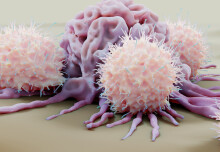

Cancer killers
Natural killer cell therapy under development by new Imperial startup
Harnessing specialised cells from the body’s immune system promises cheaper, more effective cancer treatments.



Natural killer cell therapy under development by new Imperial startup
Harnessing specialised cells from the body’s immune system promises cheaper, more effective cancer treatments.
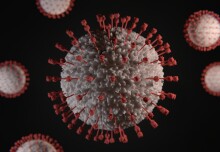

Study shows real-world COVID-19 vaccine response in vulnerable patient groups
Data from the OCTAVE study show for the first time COVID-19 vaccine responses for people with immunocompromised or immunosuppressed conditions.


Three Imperial researchers awarded AMS Fellowships
Three leading Imperial researchers have been elected to the Fellowship of the Academy of Medical Sciences for their outstanding work in their fields.


Q&A: Does diabetes mean worse outcomes for cancer patients?
Diabetes is a known risk factor for developing cancer, but could it also predict how cancer patients respond to treatment?
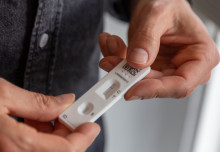

First-line defences against COVID-19 are short-lived and may explain reinfection
A new study finds that antibodies produced in the nose decline 9 months after infection, while those found in the blood last at least a year.


Prof. Faith Osier receives prestigious award for her contribution to Immunology
Only two awards were given by the British Society of Immunology (BSI) this year, and Professor Osier is one of recipients.
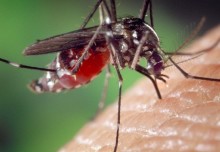

Feature
Covid won’t be the last pandemic – climate change will make sure of that
As the world warms, infectious diseases will spread – now’s the time to prepare, says Dr Ilaria Dorigatti.
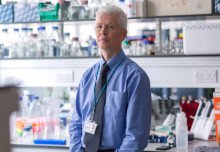

Feature
HIV, HTLV, COVID—Prof Graham Taylor on 30 years in clinical research at Imperial
30 years on from his arrival at St Mary's Hospital, virologist Professor Graham Taylor reflects on leading vital clinical research at Imperial.


Immune system insights and Thai climate calculator: News from the College
Here’s a batch of fresh news and announcements from across Imperial.
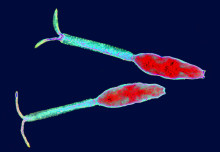

Parasite-detecting DNA biosensors offer new tool to tackle schistosomiasis
Researchers have developed new DNA biosensors capable of rapidly detecting and differentiating between parasites that cause schistosomiasis.